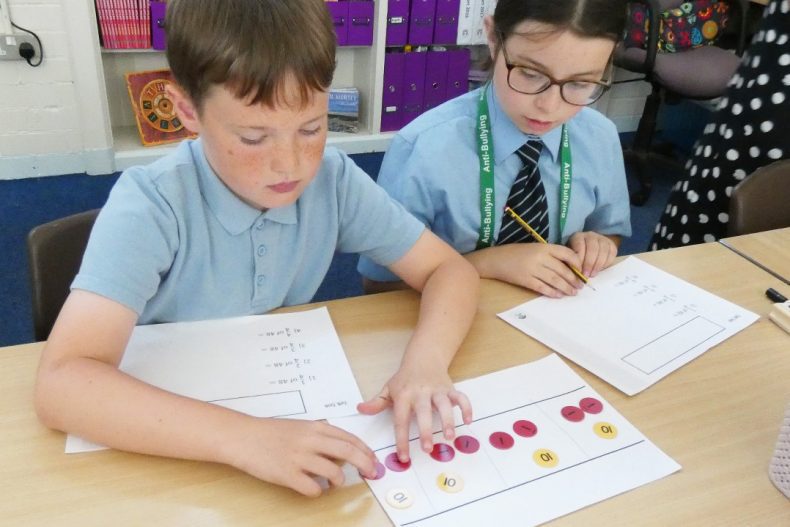
Subject Leader: Miss Knowles
“Without mathematics, there’s nothing you can do. Everything around you is mathematics. Everything around you is numbers” – Shakuntala Devi
At Allanson Street Primary School, we aim to provide our children with the highest quality Mathematics education through our Maths Mastery approach. Our maths curriculum is designed to engineer successful acquisition, consolidation and application of core mathematical knowledge for all children and inspire and ignite a life-long curiosity and firm belief that Mathematics is essential for everyday life. It is our hope that through high quality teaching, we will enable our children to not only think logically but also to solve problems and apply these skills to real-life problems. We aim to teach children to think creatively and make links between mathematical concepts through exploring patterns in the number system, shape, measures and statistics.
We want our children to have no limits to what their ambitions are and grow up wanting to be accountants, quantity surveyors or engineers. We want our children to remember their maths lessons in our school, to value these memories and embrace the wide range of opportunities they are presented with.
What will our children learn and why?
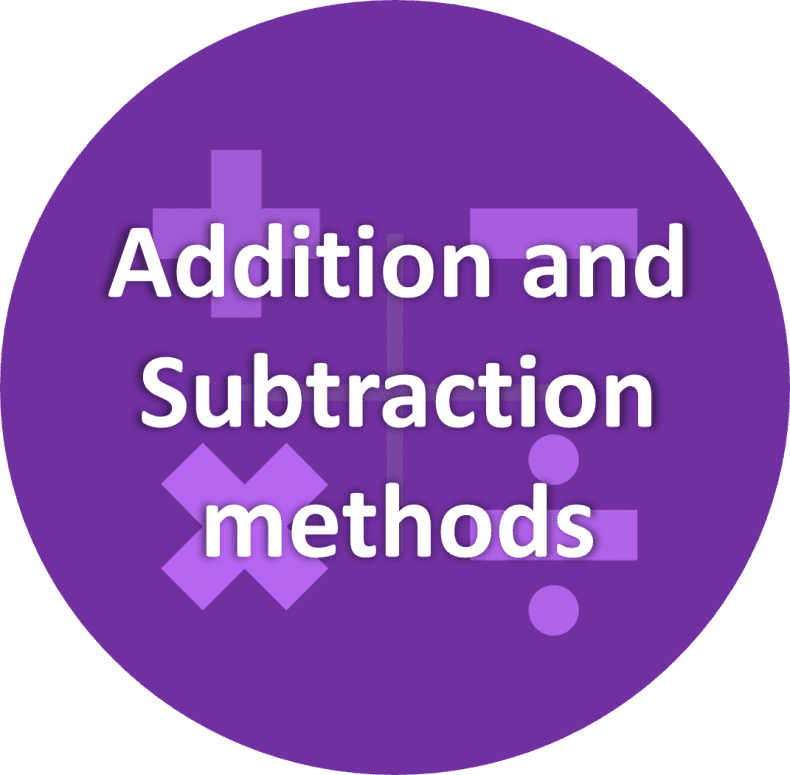 | 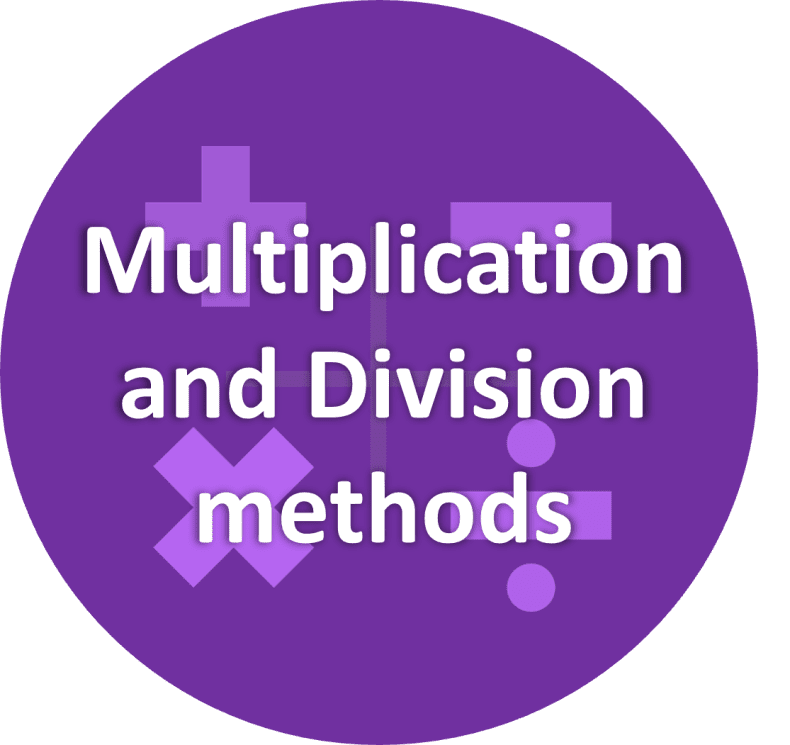 |
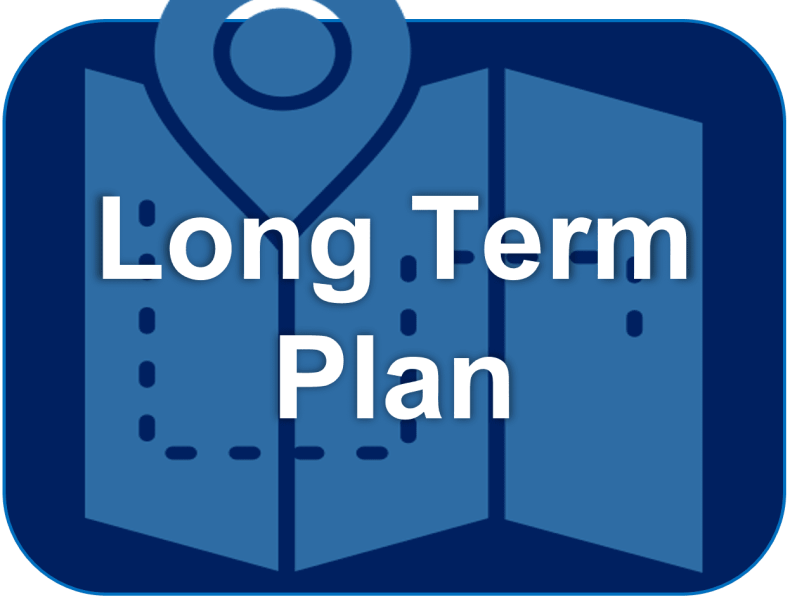 | 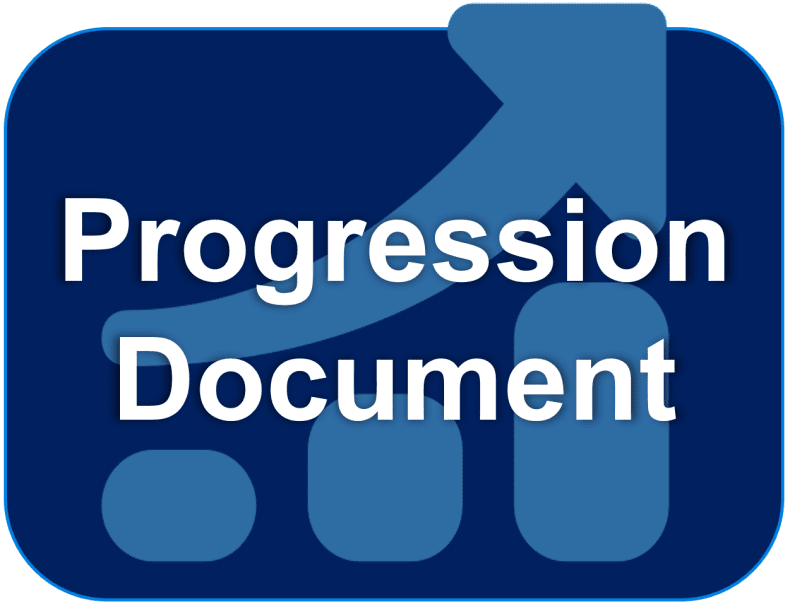 | 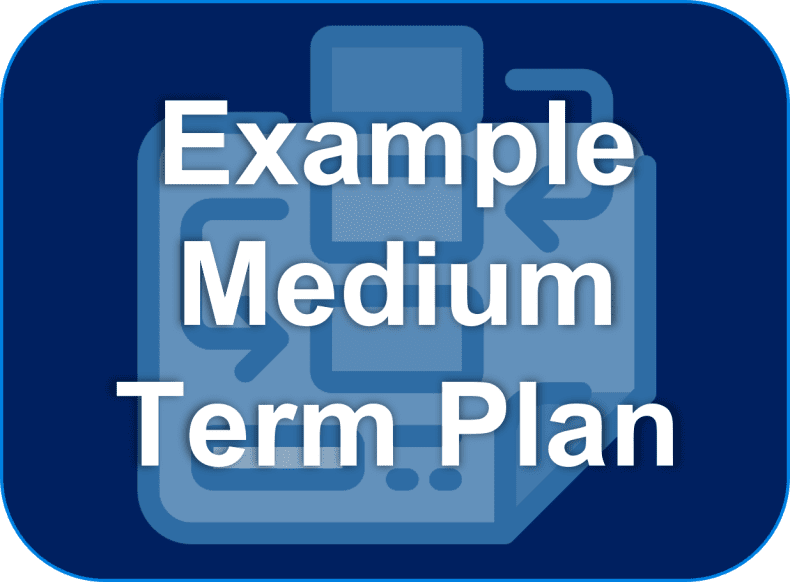 | |
The plans and documents above are courtesy of: https://whiteroseeducation.com/
Our Working Walls-
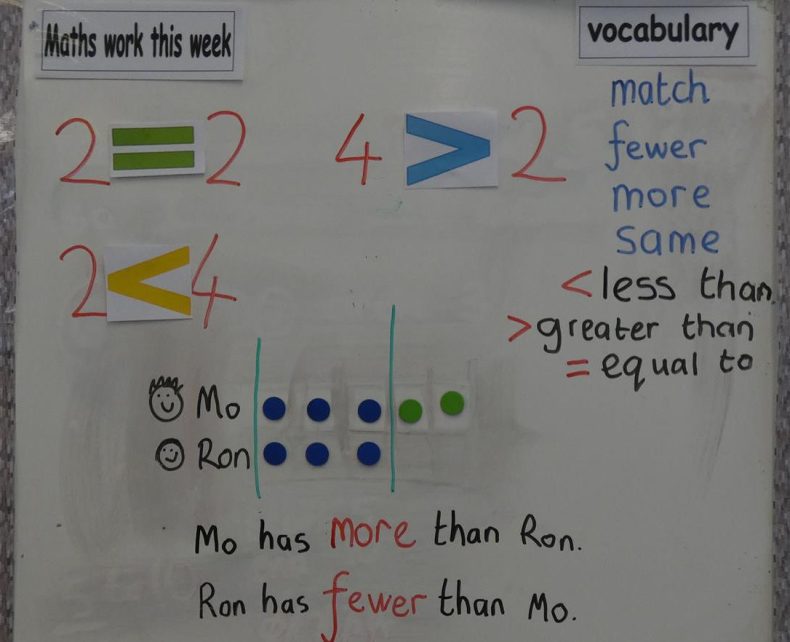 | 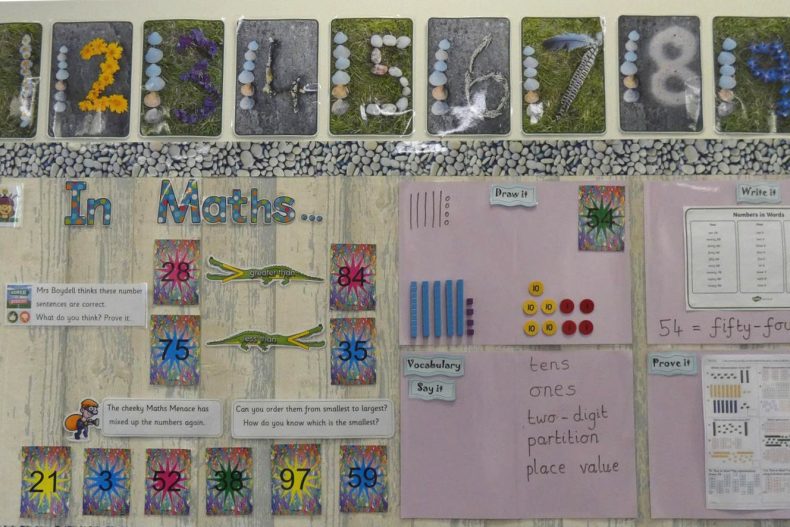 | 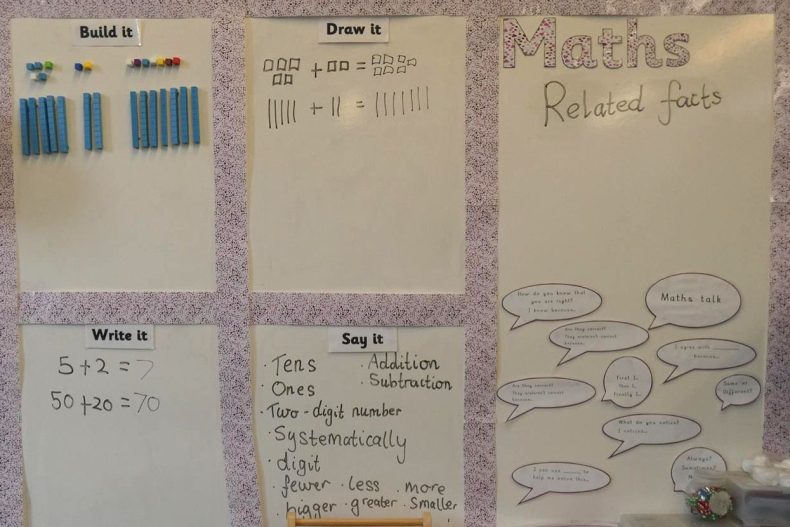 |
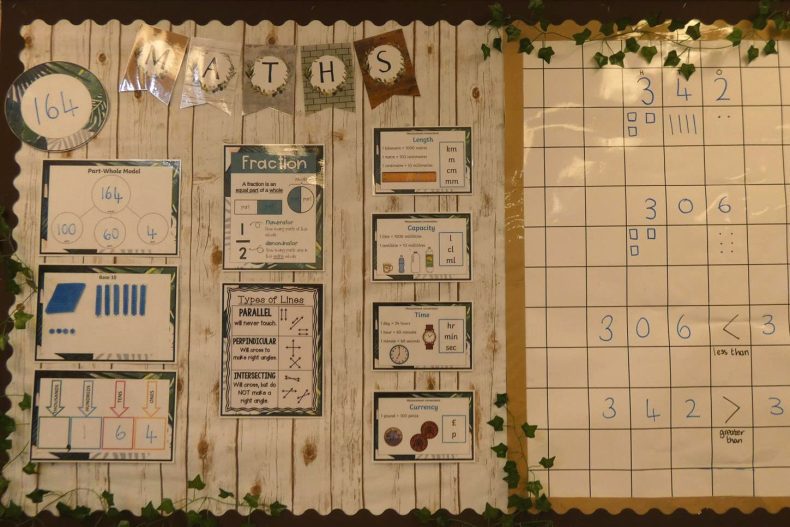 | 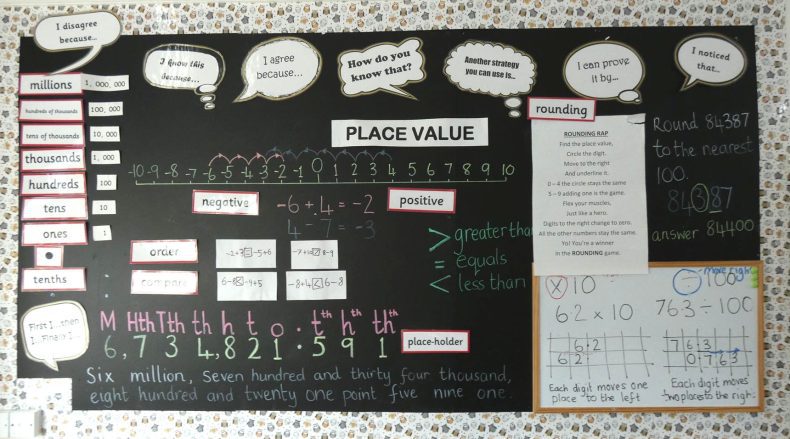 | 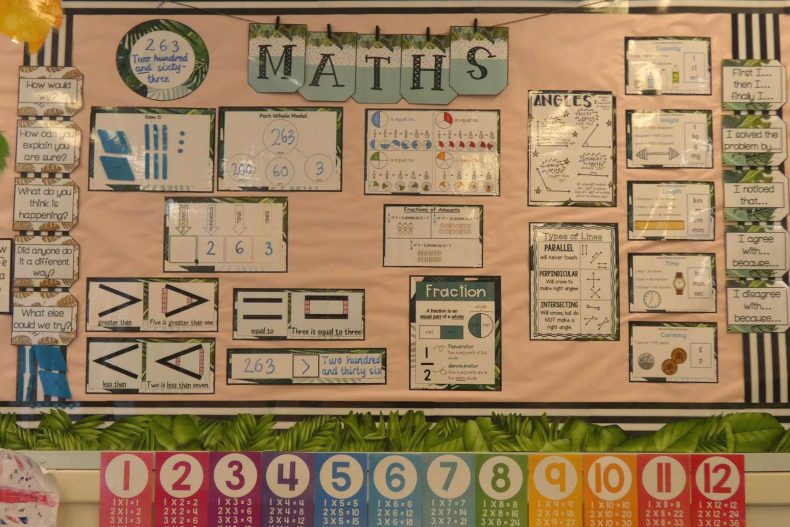 |
At Allanson Street Primary School, we implement the Maths Mastery approach through quality first teaching and the delivery of appropriately pitched learning opportunities for all groups of learners supported by the materials from the White Rose Scheme of Learning and NCETM. Our aims are to fulfil the requirements of the National Curriculum for mathematics by providing a broad and balanced curriculum, ensuring the progressive development of fluency, reasoning and problem-solving skills for all children in order to develop a love for mathematics at Allanson Street and beyond.
To an age-appropriate standard, we expect all children to:
- Become fluent in the fundamentals of mathematics, including through varied and frequent practice with increasingly complex problems over time, so that pupils develop conceptual understanding and the ability to recall and apply knowledge rapidly and accurately.
- Reason mathematically by following a line of enquiry, conjecturing relationships and generalisations, and developing an argument, justification or proof using mathematical language.
- Solve problems by applying their mathematics to a variety of routine and non-routine problems with increasing sophistication.
How will we ensure that our children leave us equipped with the knowledge and skills needed to flourish in the next stage of their learning journey and beyond?
At Allanson Street, we recognise that mathematics is essential to everyday life, critical to science, technology and engineering, and necessary for financial literacy and most forms of employment. We aim to provide a high-quality mathematics lessons with a mastery approach every day. Embedded throughout lessons are the 5 Principles of Mastery:
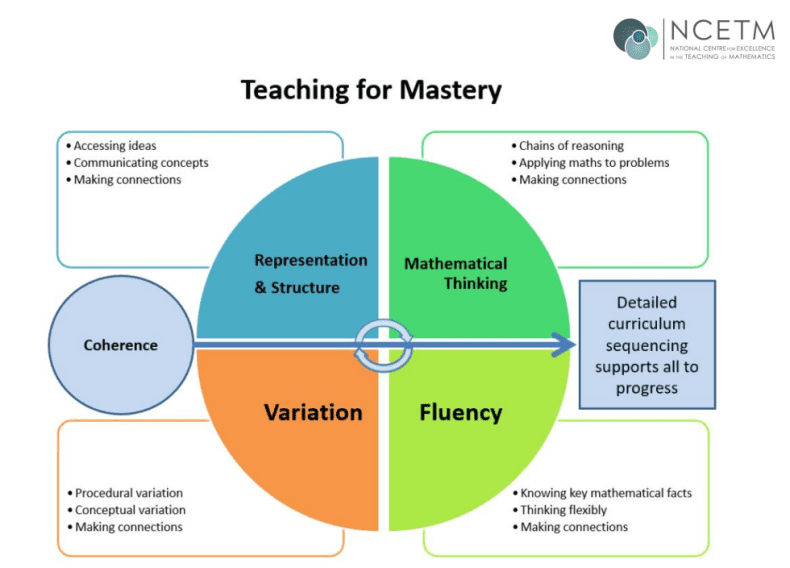
curtesy of: https://www.ncetm.org.uk/teaching-for-mastery/mastery-explained/five-big-ideas-in-teaching-for-mastery/
Teachers strive to create children who consider themselves maths masters, who enjoy and love learning about Maths – a concept has been mastered when a person can represent it in multiple ways, has the mathematical language to communicate related ideas, and can independently apply the concept to new problems in unfamiliar situations.
A teaching for mastery lesson starts at the point where every child can access and then move forward together. To ensure lessons are coherent, they are broken down into small, connected steps that gradually unfold the concept, providing access for all children and leading to a generalisation of the concept and the ability to apply to a range of concepts.
Teachers use our Visual Calculation Policy to ensure representations used in lessons expose the mathematical structure being taught, with the aim that children can do the maths without recourse to the representation which ensures a common progressive approach to calculation methods throughout school. Mathematical thinking encourages the children to think, reason and discuss ideas and strategies within their classroom environment. Children become fluent mathematicians through quick and efficient recall of facts and procedures and the flexibility to move between different contexts and representations of mathematics. Variation is used to scaffold the construction of different tasks that are conceptually related. Variation is built on over a sequence of lessons and represents concepts in more than one way.
Mastering Number – Year 1 and Year
 | 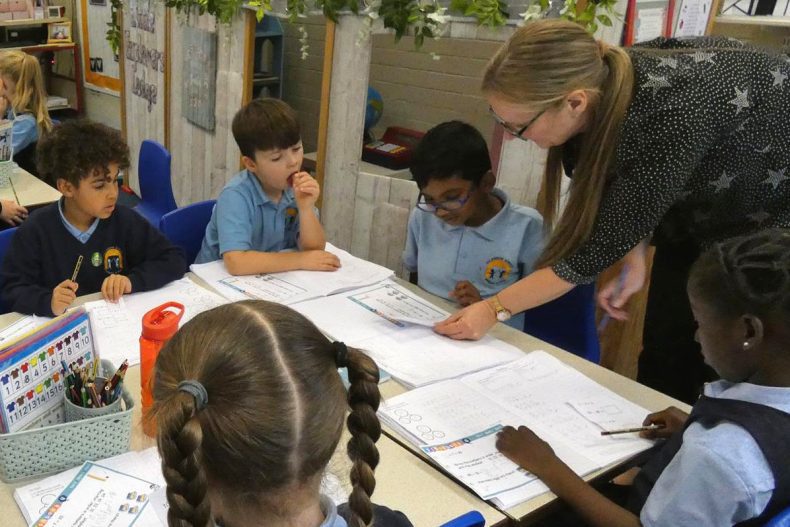 | 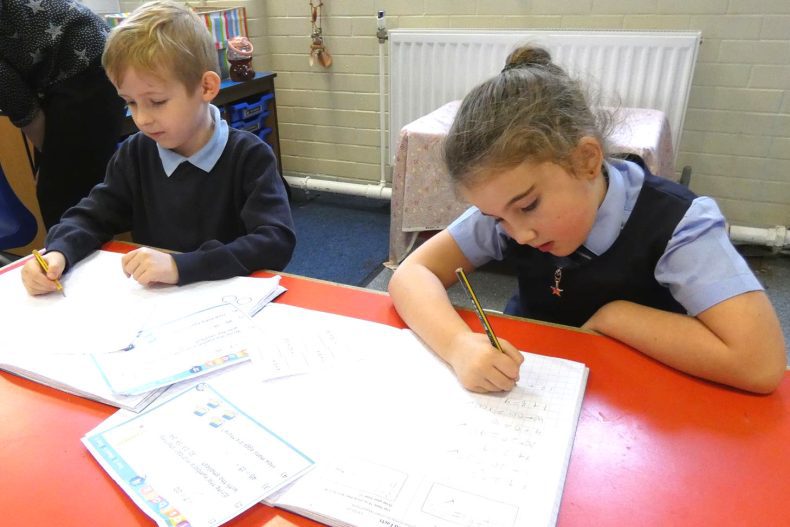 | 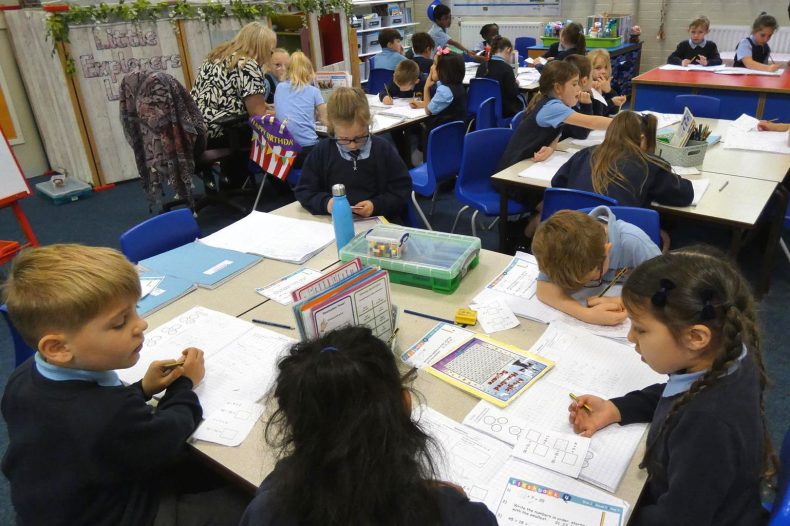 |
Teachers in KS1 deliver a daily session of 10 to 15 minutes, in addition to their daily mathematics lesson, of Mastering Number. This is a programme offered by the National Centre for Excellence in the Teaching of Mathematics (NCETM). It aims to develop solid number sense, including fluency and flexibility with number facts, which will have a lasting impact on future learning for all children. The aim over time is that children will leave KS1 with fluency in calculation and a confidence and flexibility with number.
 courtesy of: https://ttrockstars.com/ courtesy of: https://ttrockstars.com/ |  courtesy of: https://ttrockstars.com/ courtesy of: https://ttrockstars.com/ |  courtesy of: https://whizz.com/ courtesy of: https://whizz.com/ | 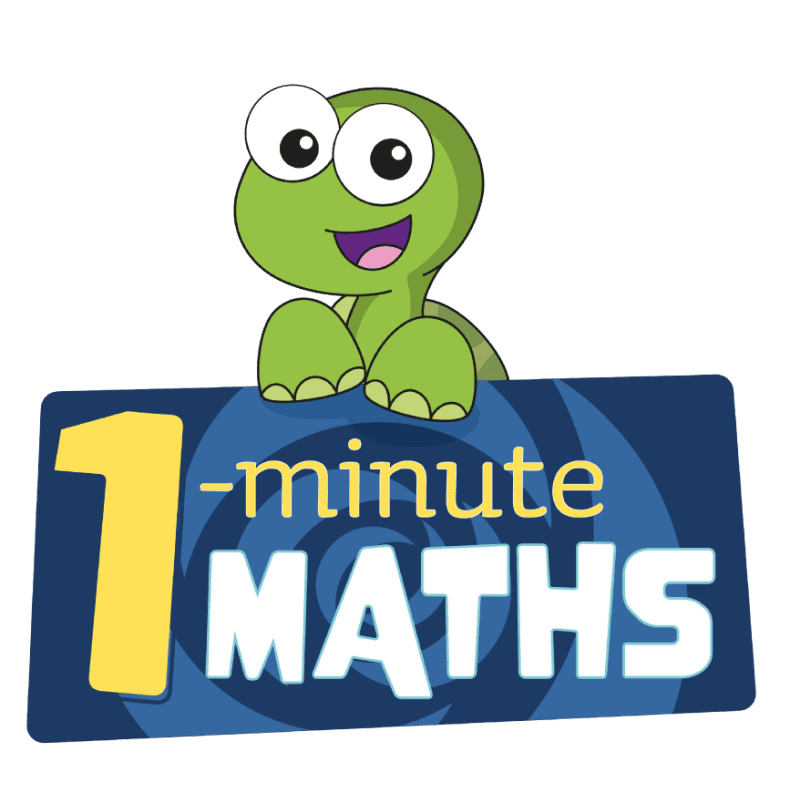 courtesy of: courtesy of: |
Teachers in KS1 promote the use of NUMBOTS and 1-Minute Maths app. Both Apps can be used both in school and at home to help children build greater number confidence and fluency. Tasks focus on adding, subtracting, subitising, number recognition, counting in groups as well as developing number bond skills.
Teacher in KS2 promote the use of Times Tables Rock Stars (TTRS) to help embed multiplication and division facts and also retrieve and recall these facts with speed and accuracy. Weekly TTRS battles across KS2 encourage children to practice at home as well as in school to win the weekly winning certificate.
Maths Whizz is also used across school to tailor learning to different learning needs. The software assesses a starting point by identifying pupil knowledge gaps. The tutor sessions then tailor next steps of learning to what individual children needs. The Maths Whizz tailored lessons are interactive, engaging and have been designed over many years to improve fluency across the maths curriculum.
Maths winners
How will our Mathematics curriculum make a difference to our children?
We intend on delivering a curriculum which:
➢ Allows all children to be a part of creative and engaging lessons that will provide them with a range of opportunities to explore mathematics following a mastery curriculum, namely the White Rose Hub approach.
➢ Gives each child a chance to believe in themselves as mathematicians and develop the power of resilience and perseverance when faced with mathematical challenges.
➢ Recognises that mathematics underpins much of our daily lives and therefore is of paramount importance in order that children aspire and become successful in the next stages of their learning.
➢ Engages all children and entitles them to the same quality of teaching and learning opportunities, striving to achieve their potential.
➢ Makes rich connections across mathematical ideas to develop fluency, mathematical reasoning and competence in solving increasingly sophisticated problems.
➢ Provides equal opportunities for children to apply their mathematical knowledge to other subjects (cross-curricular links).
➢ Enables children to develop a passion for mathematics and celebrate maths in all areas of life, from home life to outdoor learning involving mathematics and allow these opportunities to be discussed and celebrated within the curriculum.
We have a newsletter where we celebrate the best in English and Maths each half term. What have we been up to so far..?
 Autumn 1 2023 |


